I am reading a great book that I highly recommend to anyone that is curious about increasing the effectiveness of professional learning for teachers, The Art of Coaching: Effective Strategies for School Transformation by Elena Aguilar. Aguilar's book addresses the theory of adult learning as one of the lenses we should look through when working with adult learners and reminds us that an adult learner's emotional state is closely tied to his or her ability to learn. Think carefully about how professional development traditionally has been delivered for teachers. The emotional state and where a teacher actually is individually is not something that is often discussed or addressed when planning professional development. Professional development traditionally has been what someone else, usually in another building, has decided a group of teachers needs to know.
When looking at adult learning we see that we all enter the "playing field" at different levels and each learner is moving on a continuum from one place to another. An adult learner can only be where they are and we must remember, you don't know what you don't know. When working with an adult learner building a relationship is important. Find out both where the learner has been and where from their prospective they are headed. Adult learners need for their progress to be acknowledged and for feedback to be given. Adults need to feel safe to learn. Many times, teachers in particular feel as though they should be the individual helping deliver the content and not the learner themselves. Helping an adult move to the vulnerable place of not knowing and that being ok is empowering and opens the door to a world where new learning excites and moves them forward.
As we work with teachers there are steps that we can use to help build trust and a relationship to open the door to new learning. Identify a goal or objective that the learner has a desire to learn. An example of this could be as simple as a teacher wanting to learn a different way to have a group of students share content that they have created back with a large group. Establish some history, what lead the teacher to want to learn a new communication/collaboration tool? Did they see someone else using a tool, or do they simply feel that they are stagnant in this area or something else all together different? Help guide the teacher in identifying what the gap is between what the teacher knows and what they'd like to learn? Point out prior knowledge that can be applied to their learning path. And finally reflection, as adult's learn and apply new knowledge they need to reflect. Reflection is key, in fact reflection is where new learning spurs from and failure and success can be identified.
There are many similarities in how children and adults learn but understanding the differences is critical to helping adults learn. Taking the time to consider an adult's life experiences, prior knowledge, current competencies, and interests can help mold and create more meaningful learning. As adults, each time we encounter new learning, work through it, reflect on it and gain feedback about what we have learned, we generally desire to seek answers to other questions and thus our learning continues.
Building relationships is key to this entire process. We must remember, "...that adults like children must feel emotionally safe in order to learn."
Ref.:
Aguilar, Elena. The Art of Coaching: Effective Strategies for School Transformation
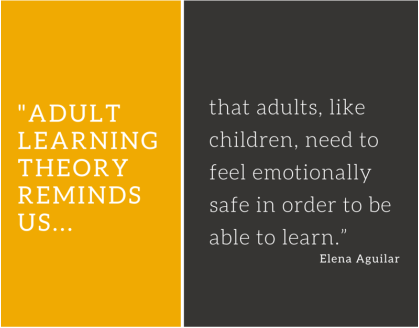
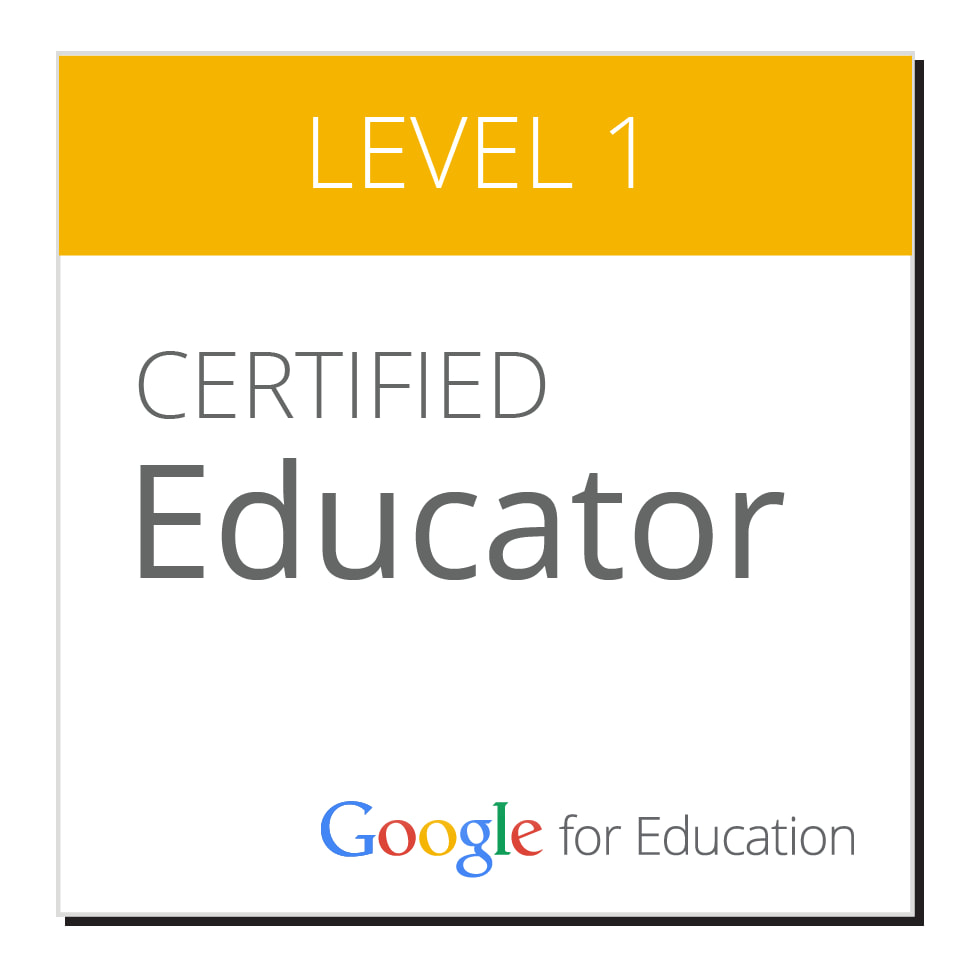
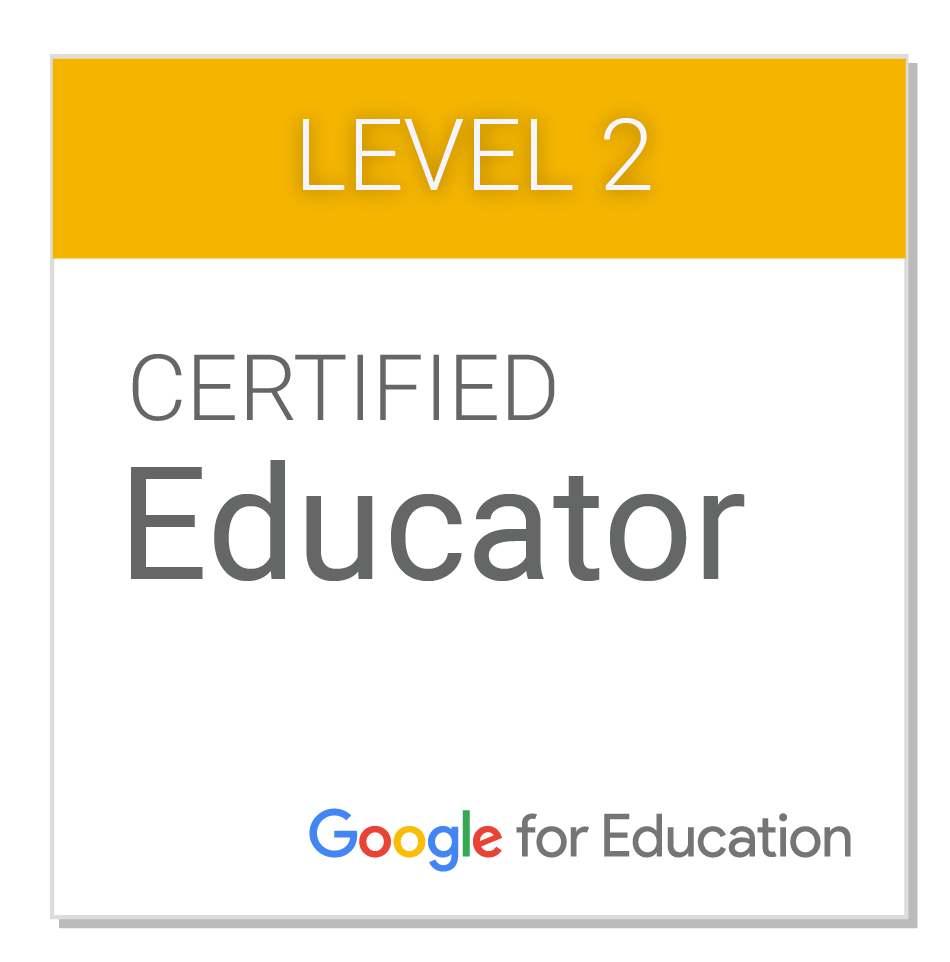
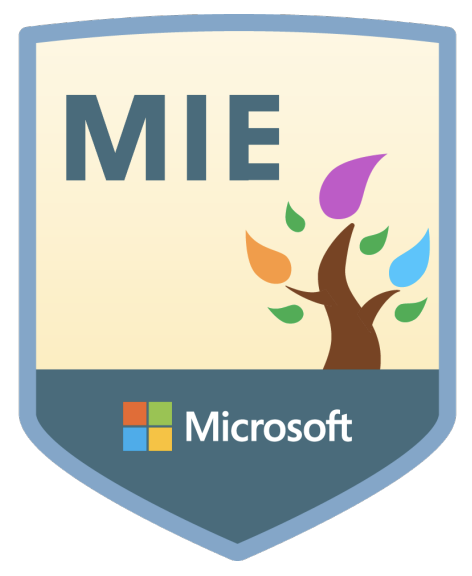
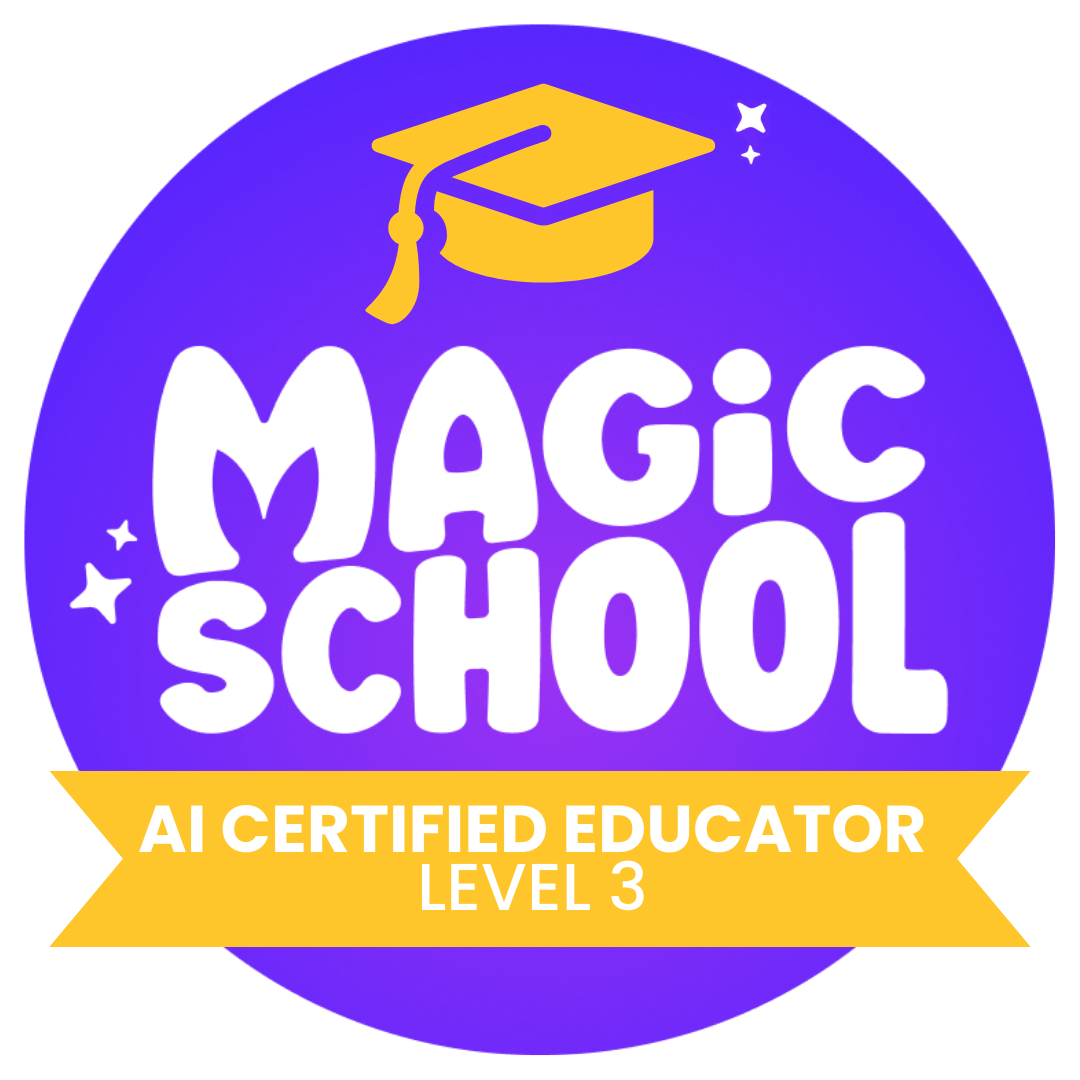

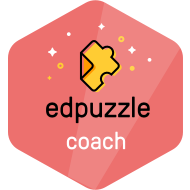
 RSS Feed
RSS Feed
